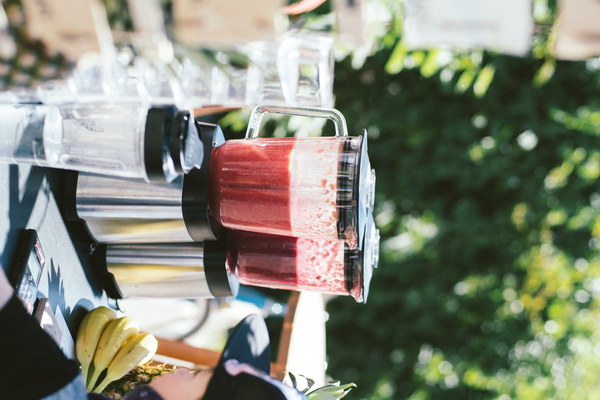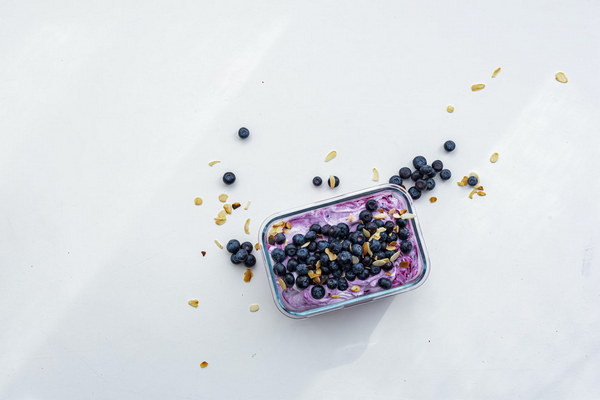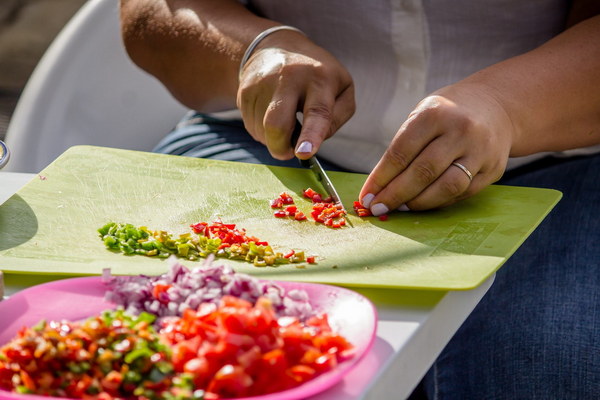Navigating Medications Foods to Avoid for Spleen and Stomach Health
Introduction:
The spleen and stomach play a crucial role in maintaining overall health, and their proper function is essential for digestion, absorption, and blood production. While certain medications can be beneficial for treating specific conditions, it's important to be aware of the foods that may hinder the effectiveness of these treatments. This article explores the medications that are best avoided while focusing on spleen and stomach health, providing valuable insights for those seeking to optimize their well-being.
1. Understanding Spleen and Stomach Health:

The spleen and stomach are closely connected in traditional Chinese medicine (TCM), where they are believed to work together to maintain a balance of energy, known as Qi. When the spleen and stomach are functioning optimally, digestion is efficient, and the body can absorb nutrients effectively. However, when these organs are imbalanced, it can lead to a variety of health issues, including digestive disorders, fatigue, and weakness.
2. Medications to Avoid:
a. Non-Steroidal Anti-Inflammatory Drugs (NSAIDs): NSAIDs, such as ibuprofen and naproxen, can irritate the lining of the stomach, leading to ulcers and gastrointestinal bleeding. It's best to avoid these medications when focusing on spleen and stomach health.
b. Steroids: Steroids, like prednisone, can weaken the immune system and disrupt the balance of Qi in the spleen and stomach. This can exacerbate digestive issues and weaken the body's ability to absorb nutrients.
c. Antacids: While antacids can provide temporary relief from heartburn and acid reflux, they can also disrupt the natural balance of stomach acid, which is essential for digestion. Opt for natural remedies or consult with a healthcare professional for alternative options.
d. Antibiotics: Antibiotics can kill both harmful and beneficial bacteria in the gut, leading to an imbalance that can affect spleen and stomach health. If an antibiotic is necessary, consider taking a probiotic supplement to support gut flora.
3. Foods to Avoid:
a. Spicy and Greasy Foods: These foods can irritate the stomach lining and exacerbate symptoms of gastrointestinal disorders. It's best to avoid spicy dishes, fried foods, and heavily processed foods.
b. Cold and Raw Foods: Cold and raw foods can weaken the spleen and stomach, leading to poor digestion and absorption of nutrients. Opt for cooked or steamed foods instead.
c. High-Fiber Foods: While fiber is essential for a healthy diet, consuming too much fiber at once can overwhelm the spleen and stomach, leading to bloating and discomfort. Gradually increase fiber intake and choose foods that are easier on the digestive system, such as apples, pears, and berries.
d. Alcohol and Caffeine: Alcohol and caffeine can irritate the stomach lining, disrupt the balance of Qi, and contribute to digestive issues. Limit intake or avoid these substances altogether when focusing on spleen and stomach health.
Conclusion:
Maintaining spleen and stomach health is crucial for overall well-being. By avoiding certain medications and foods, you can support the optimal function of these organs and promote a healthier digestive system. Remember to consult with a healthcare professional before making any significant changes to your medication or diet. By prioritizing spleen and stomach health, you'll be on the path to a happier, healthier life.









